 You are invited to contribute and participate in a Workshop on Meta Transfer of Knowledge – Challenges in Transfer of Knowledge in Industry.
You are invited to contribute and participate in a Workshop on Meta Transfer of Knowledge – Challenges in Transfer of Knowledge in Industry.
The workshop is taking place at the International Conference on Innovation through Knowledge Transfer at BU on 19th and 20th of April 2012.
The workshop is a part of Knowledge Transfer activities that take place within the EU funded INFER project coordinated by Prof. Bogdan Gabrys, DEC. INFER offers participants the opportunity to move between sectors and country in order to provide, absorb and implement new knowledge in a professional industrial-academic environment.
The workshop will allow conference delegates to benefit from experiences in knowledge transfer, knowledge exchange and knowledge sharing, during the progress of the INFER and other similar projects.
The goal of the workshop is to share the knowledge about the most effective transfer of knowledge activities that can and have been organised especially in large international projects such as those carried out within EC “People” Industry-Academia Partnerships and Pathways (IAPP) programme.
 Such projects are of particular interest to this workshop as their aim is to stimulate intersectoral mobility and increase knowledge sharing through joint research partnerships in longer term co-operation programmes between organisations from academia and industry where effective knowledge transfer is critical to the success of the projects.
Such projects are of particular interest to this workshop as their aim is to stimulate intersectoral mobility and increase knowledge sharing through joint research partnerships in longer term co-operation programmes between organisations from academia and industry where effective knowledge transfer is critical to the success of the projects.
As the transfer of knowledge mechanisms can be observed in all areas where the cooperation between academia and industry exists, it is hoped that sustainable collaborations between people who are interested in continuous development of these mechanisms and improvement of their efficiency will be fostered. This will give the opportunity to push further the discussion upon the potential of Transfer of Knowledge phenomena across different communities.
More about this event can be found on the project website and if you have any further questions about the Workshop please contact Katarzyna Musial.
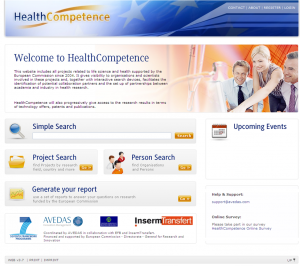 The ‘HealthCompetence‘ search engine will provide an invaluable but simple tool for all those interested in health research. This is a free and really simple website to use where you can search by researcher, organisation, project title, thematic areas, keywords, countries, dates and many more fields.
The ‘HealthCompetence‘ search engine will provide an invaluable but simple tool for all those interested in health research. This is a free and really simple website to use where you can search by researcher, organisation, project title, thematic areas, keywords, countries, dates and many more fields.


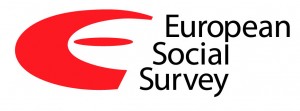


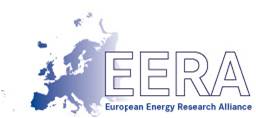

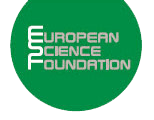





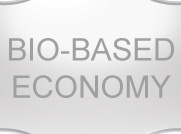
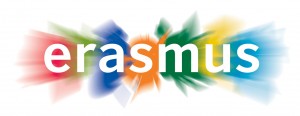














 From Sustainable Research to Sustainable Research Lives: Reflections from the SPROUT Network Event
From Sustainable Research to Sustainable Research Lives: Reflections from the SPROUT Network Event REF Code of Practice consultation is open!
REF Code of Practice consultation is open! BU Leads AI-Driven Work Package in EU Horizon SUSHEAS Project
BU Leads AI-Driven Work Package in EU Horizon SUSHEAS Project Evidence Synthesis Centre open at Kathmandu University
Evidence Synthesis Centre open at Kathmandu University ECR Funding Open Call: Research Culture & Community Grant – Apply now
ECR Funding Open Call: Research Culture & Community Grant – Apply now ECR Funding Open Call: Research Culture & Community Grant – Application Deadline Friday 12 December
ECR Funding Open Call: Research Culture & Community Grant – Application Deadline Friday 12 December MSCA Postdoctoral Fellowships 2025 Call
MSCA Postdoctoral Fellowships 2025 Call ERC Advanced Grant 2025 Webinar
ERC Advanced Grant 2025 Webinar Update on UKRO services
Update on UKRO services European research project exploring use of ‘virtual twins’ to better manage metabolic associated fatty liver disease
European research project exploring use of ‘virtual twins’ to better manage metabolic associated fatty liver disease